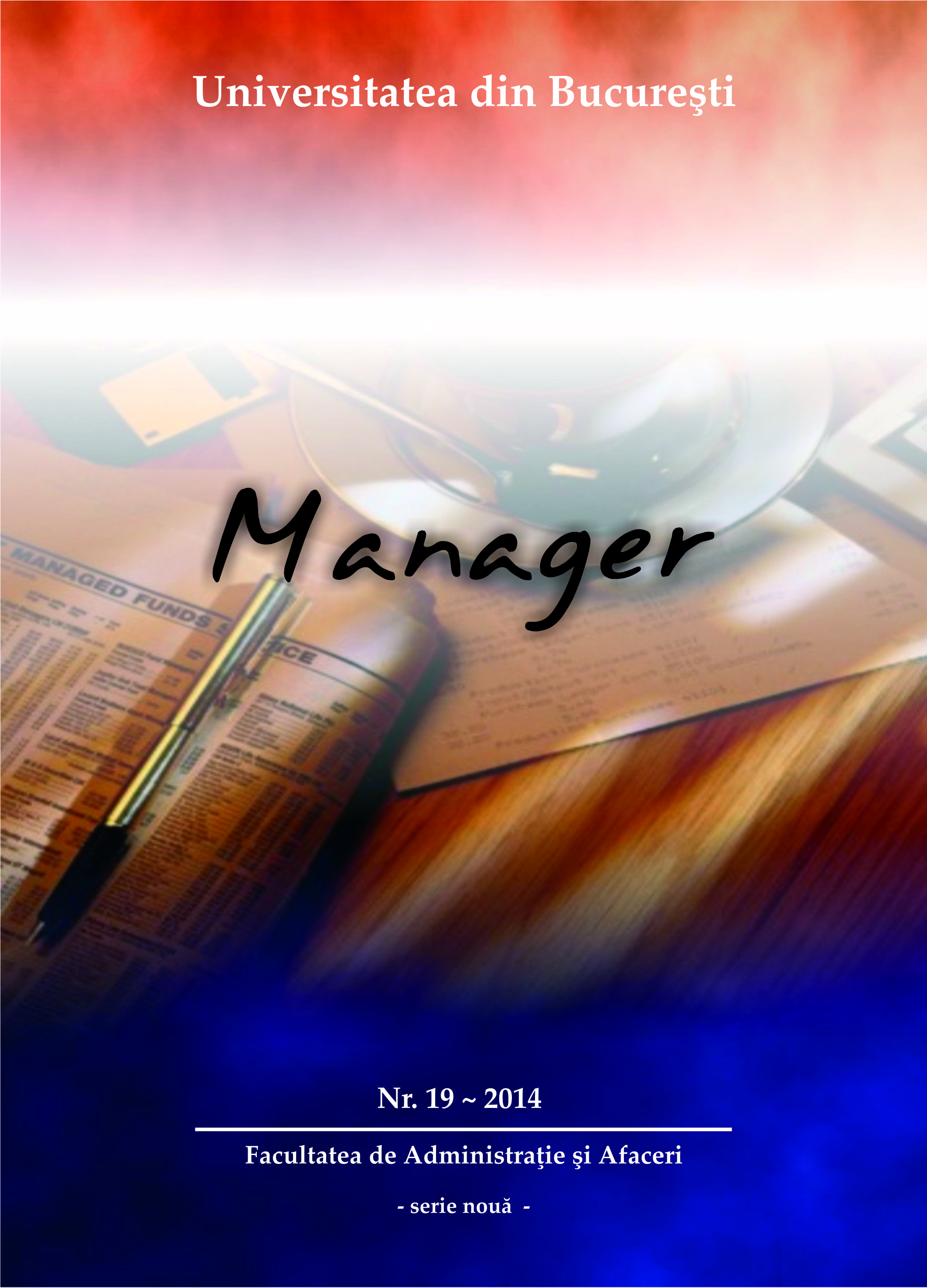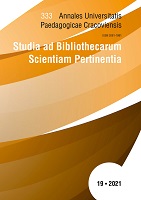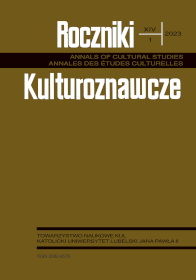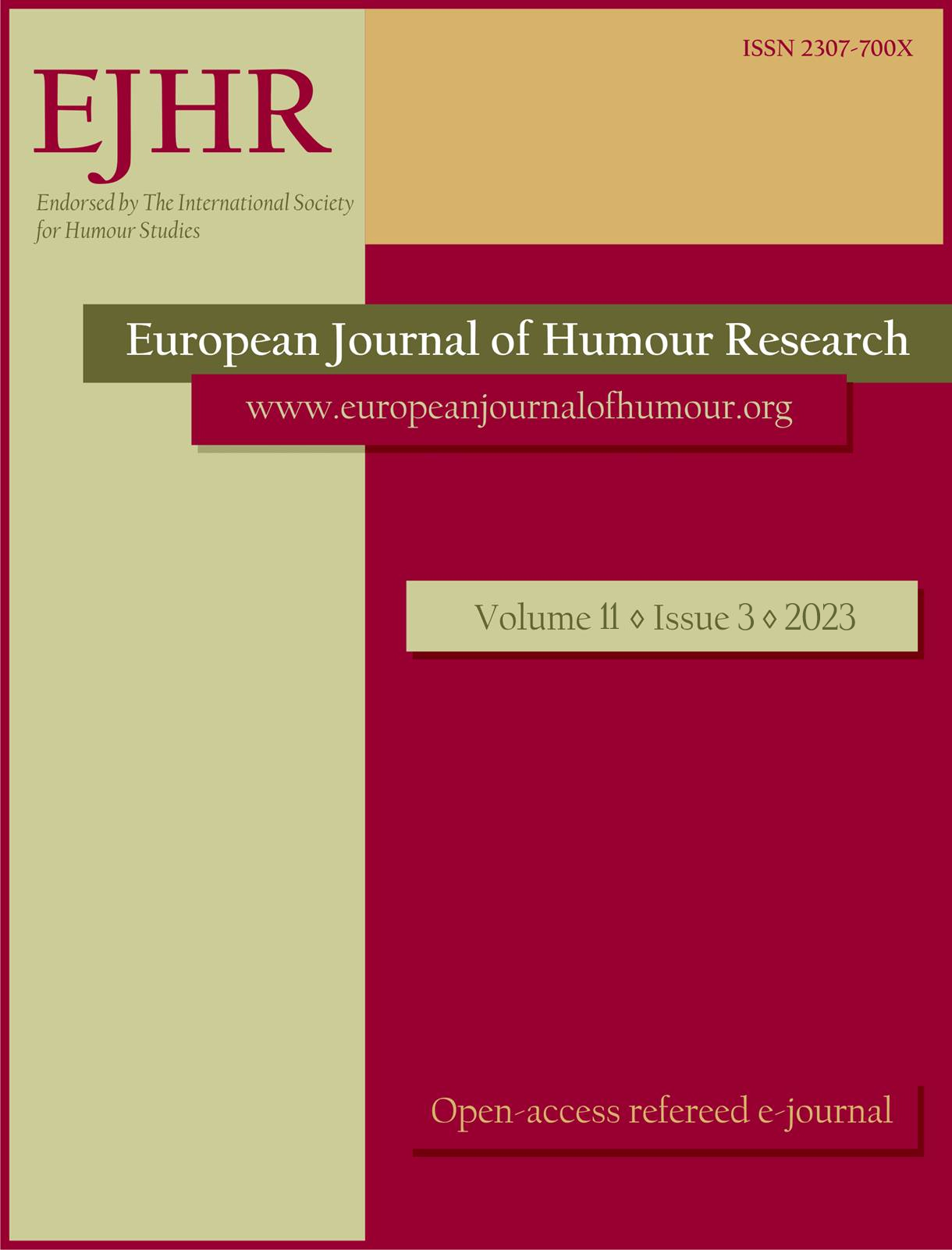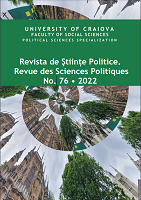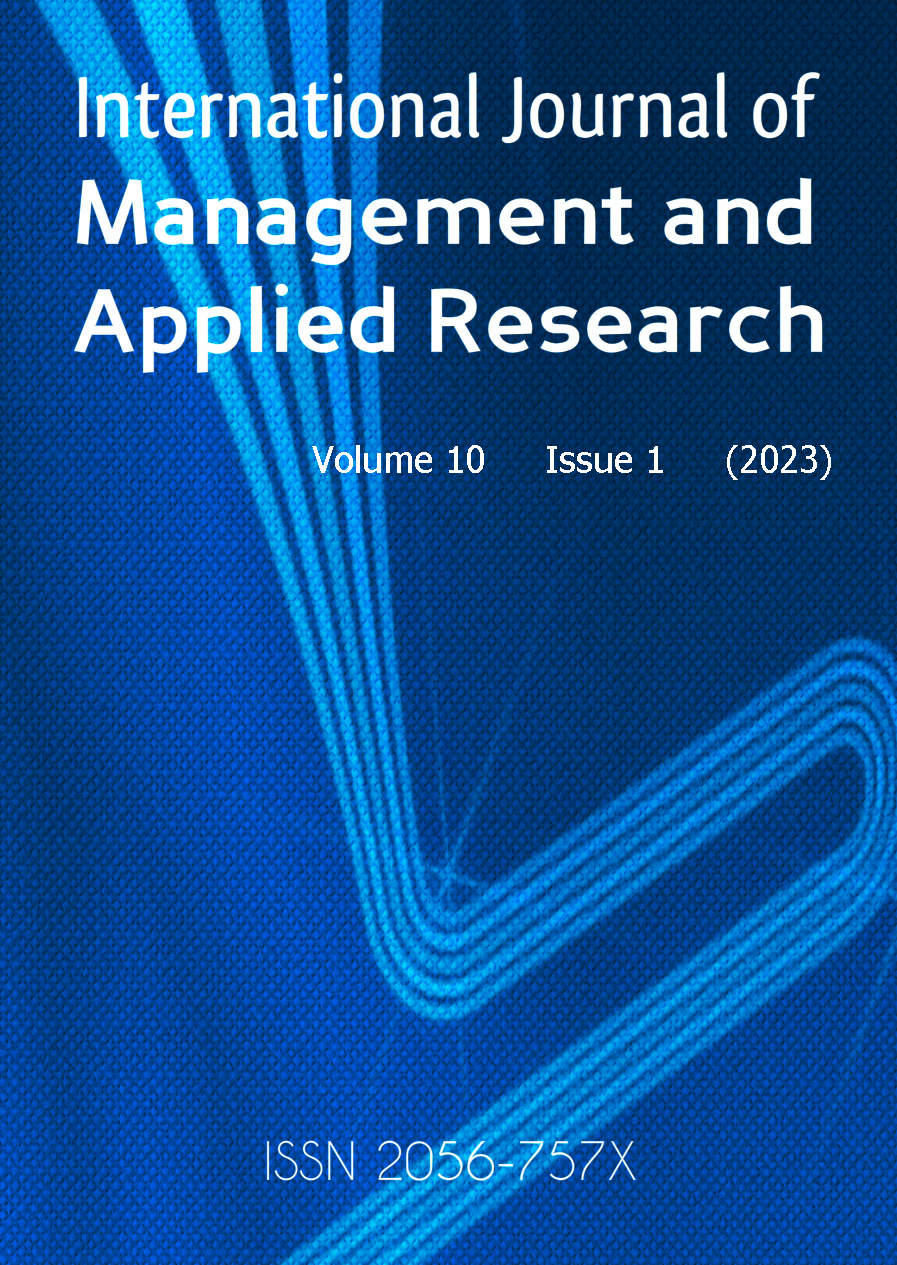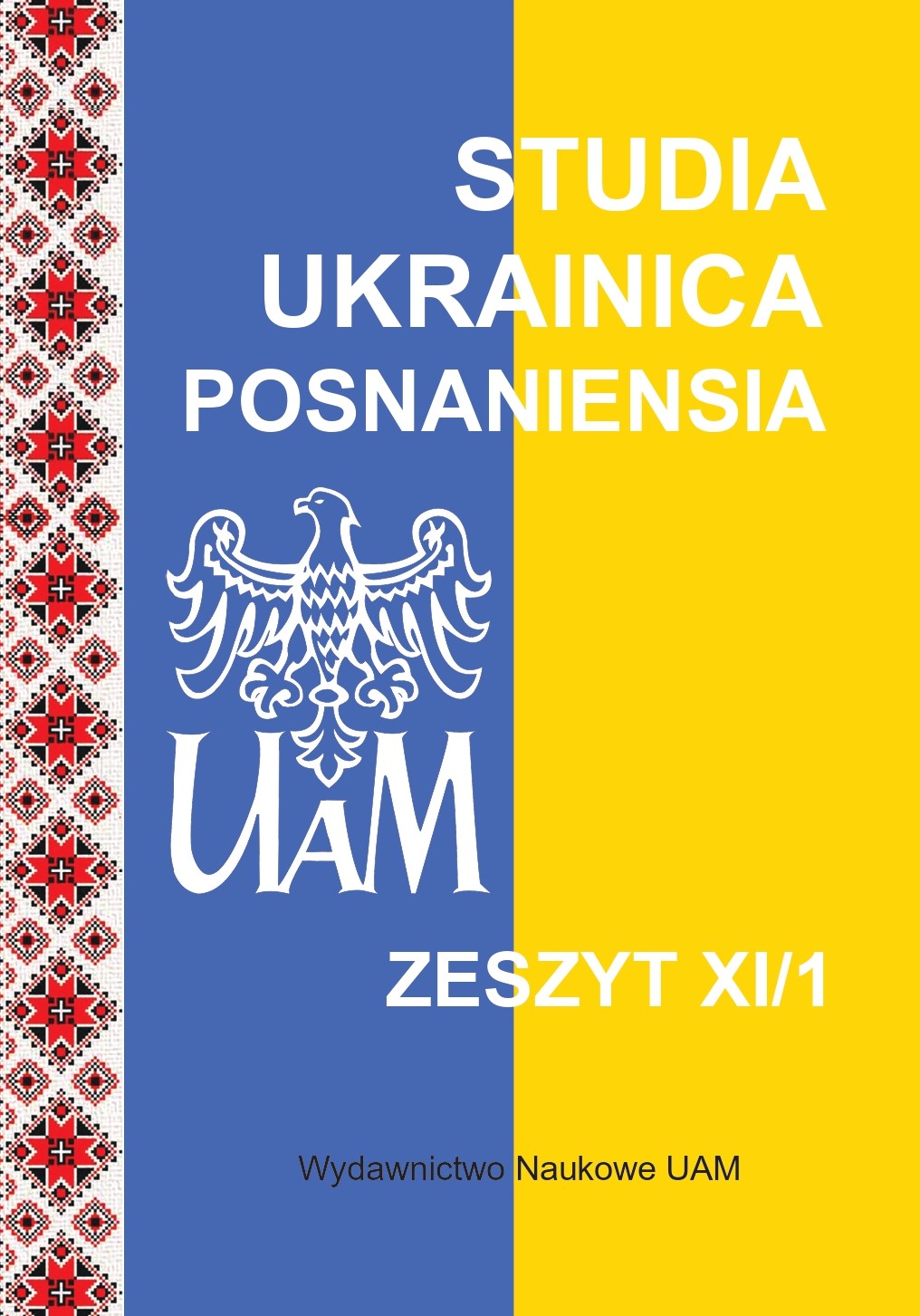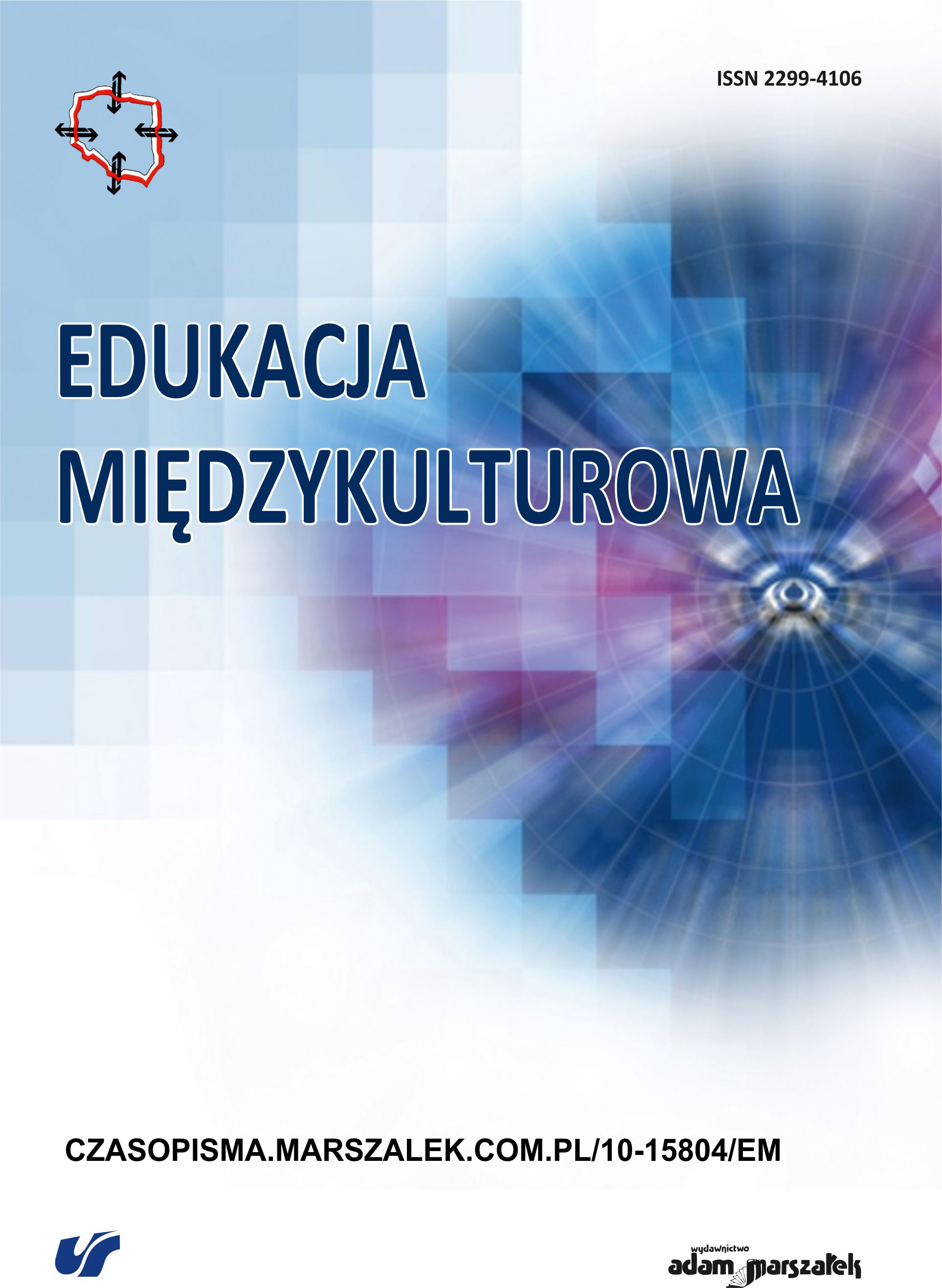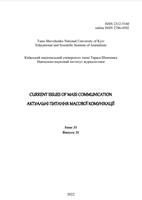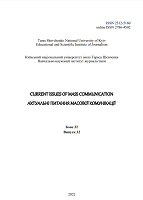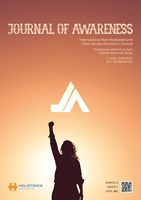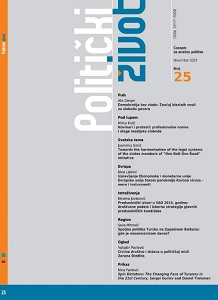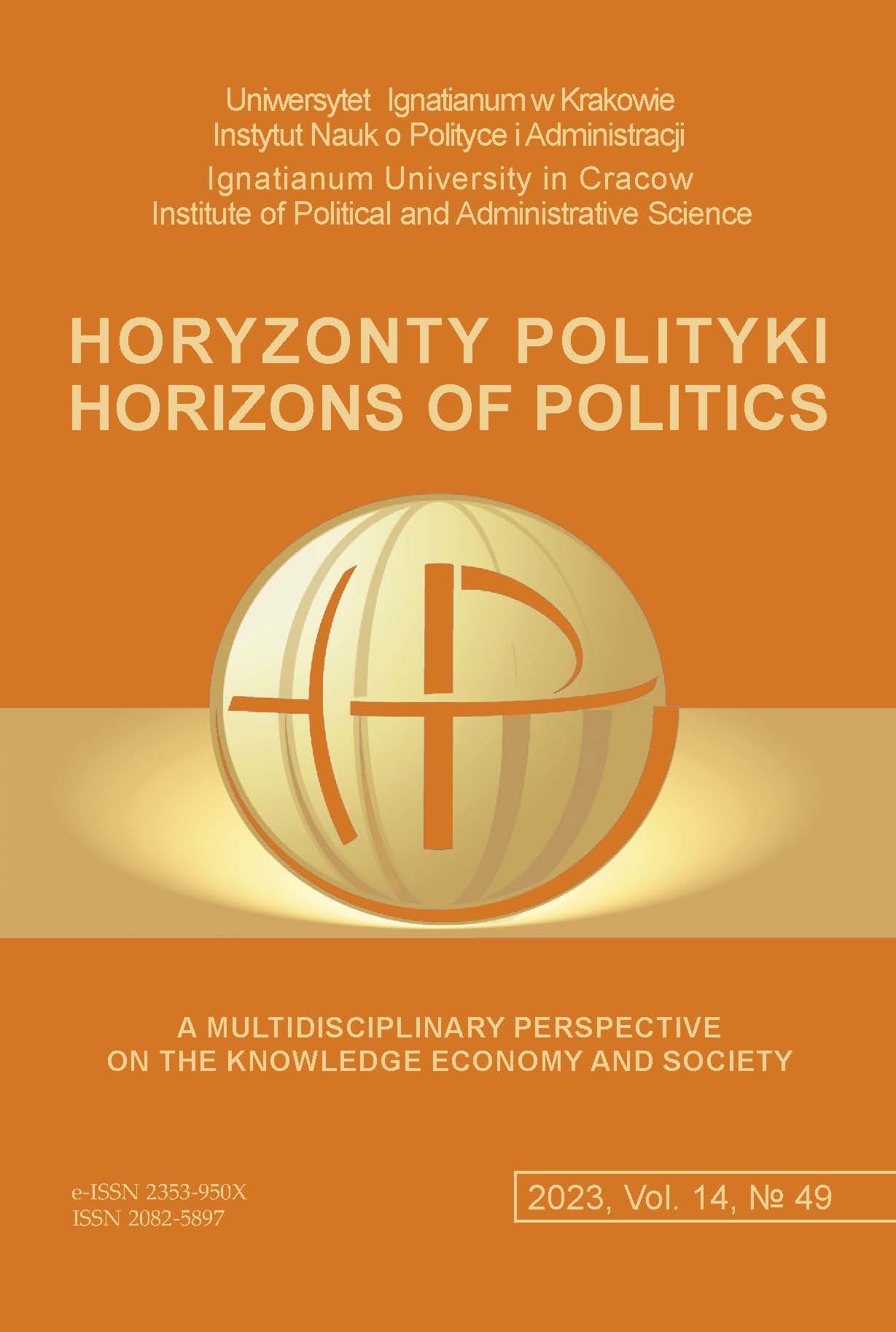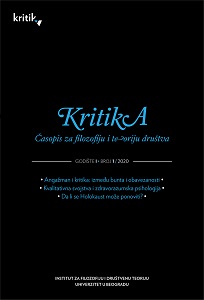Author(s): Gönül Gökçay,Ayşe Çevirme / Language(s): Turkish
Issue: 4/2023
This study was designed to examine individuals’ disaster preparedness beliefs in the context of demographic data, hopelessness, and fatalism tendencies. The study was planned in a descriptive and correlational design. A total of 563 participants aged 18 and above who agreed to participate in an online survey were included in the study. Data were collected using a socio-demographic information questionnaire, a general disaster preparedness belief scale, the Beck Hopelessness Scale, and the Fatalism Tendency Scale. The data were analyzed using the SPSS 25.0 package program, and the significance level was set at p < 0.05. Independent samples t-test, ANOVA (Post hoc, Bonferroni, Tukey, and LSD tests), Pearson correlation analysis, simple linear regression, and hierarchical regression analysis were used to test the data. The mean age of the participants was 25.94 ± 10.19. Participants scored an average of 77.13 ± 22.74 on the disaster preparedness belief scale, 8.84 ± 3.79 on the hopelessness scale, and 66.23 ± 13.91 on the fatalism tendency scale. In the study, family structure was found to influence individuals’ disaster preparedness belief levels. Hopelessness levels were influenced by family structure, place of residence, living in an earthquake-prone area, perception of being prepared for disasters, and receiving education on disasters and their management. Fatalism tendency levels were influenced by gender, education level, marital status, and receiving education on disasters and their management. A weak positive relationship was found between disaster preparedness belief and hopelessness and fatalism tendencies. It was found that hopelessness and fatalism tendencies explained 14.5% of individuals’ disaster preparedness belief. In the study, individuals exhibited moderate disaster preparedness belief, low hopelessness, and moderate fatalism tendency. Factors influencing individuals’ disaster preparedness belief include hopelessness and fatalism tendencies. In light of the results, taking into account individual characteristics, despair, and fatalistic tendencies, it is crucial for the society as a whole and policymakers to undertake significant responsibilities in increasing individuals' belief in disaster preparedness.
More...
